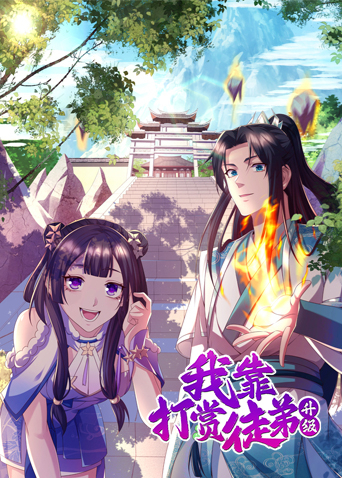17世纪初叶,亚洲经过长时间的攻伐兼并,亚洲日本战国时代落下帷幕,转而进入了德川幕府统治的时代。和平降临,取而代之的是大批武士流离失所,为生计所苦逼。在此期间,有的浪人请求在显贵门前剖腹以保存颜面,有的人因此得到留用,也有的得到物质资助,但其中不乏借此敲诈的宵小之徒。某天,名门井伊家迎来了名叫千千岩求女(瑛太 饰)的年轻浪人,为杜绝这股邪风,井伊家假戏真做,逼迫千千岩以及其不体面的方式悲惨死去。原以为这会令敲诈的浪人们望而却步,谁知不久后另一位名叫津云半四郎(市川海老藏 饰)的中年武士前来求死……本片根据泷口康彦的小说《异闻浪人记》改编,该故事曾于1962年由名匠小林正树搬上银幕。
亚洲成年人




